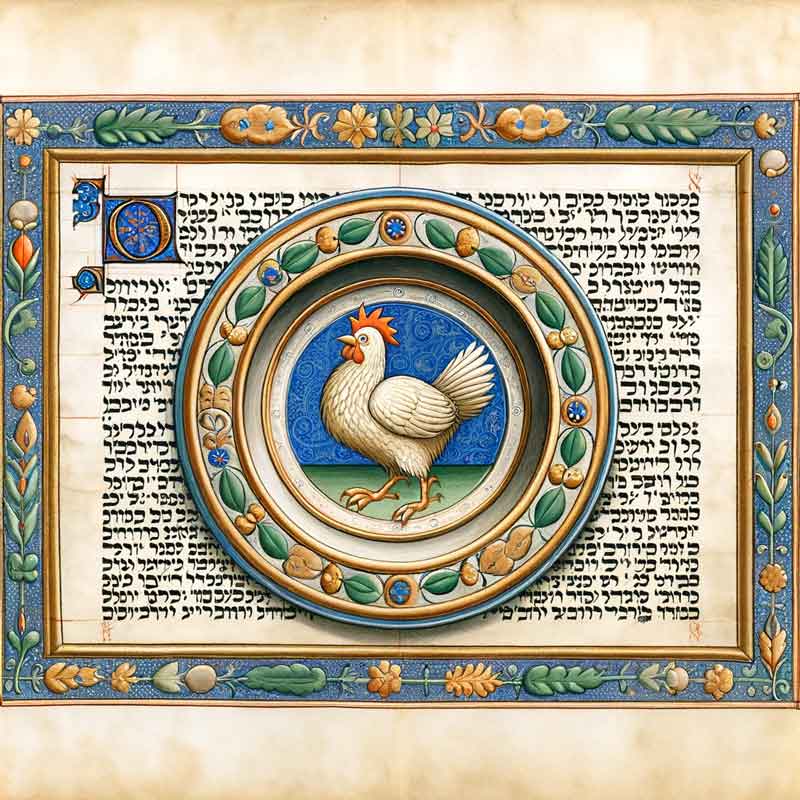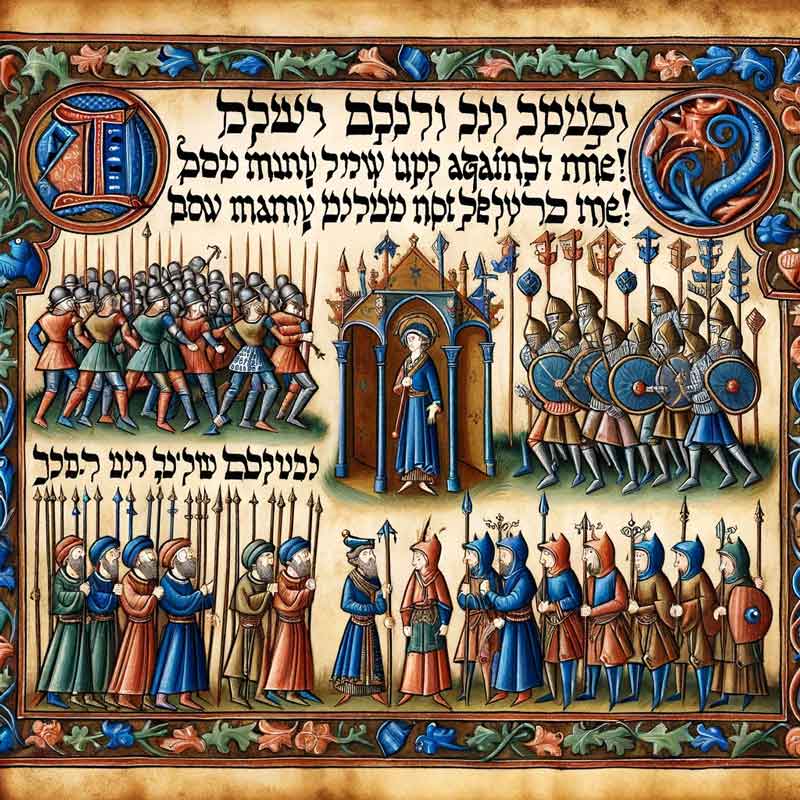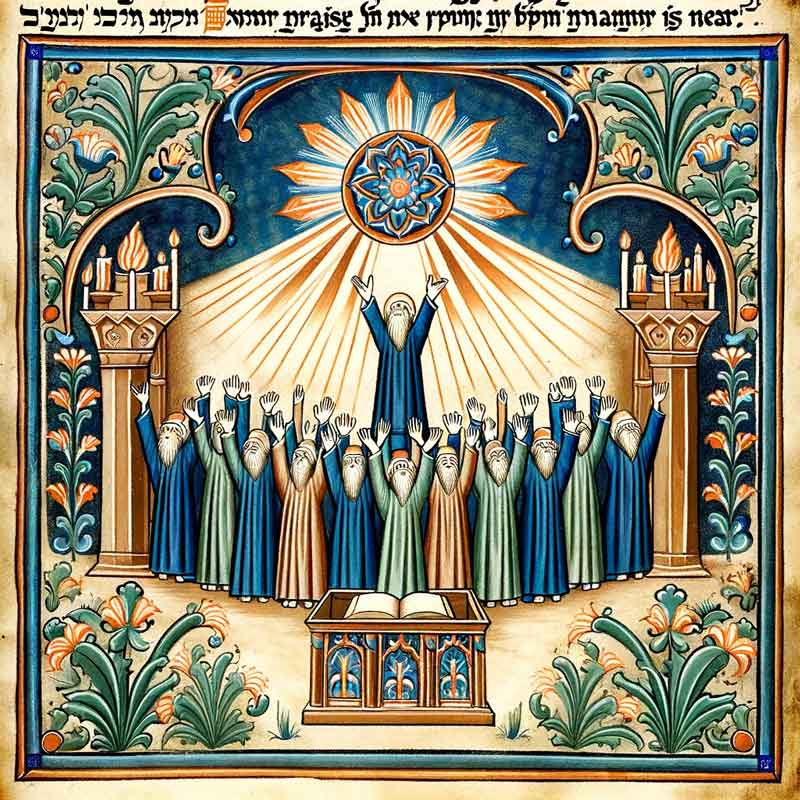“Dear Rabbi Joshua,
I’ve been learning about kosher foods and I’m curious about chickens. Are chickens considered kosher? I would appreciate an explanation of what makes them kosher or not.
Best regards,
David”
Kashrut and Chickens: An Overview
Dear David, your question about the kosher status of chickens is a fundamental inquiry in the study of Jewish dietary laws, or Kashrut. In Judaism, whether a bird is considered kosher or not depends on specific criteria outlined in the Torah and further interpreted by rabbinic tradition.
Criteria for Kosher Birds
The Torah provides signs for identifying kosher birds, although it doesn’t list them explicitly. In Leviticus (11:13-19) and Deuteronomy (14:11-18), the Torah lists non-kosher birds, and from this, the characteristics of kosher birds are derived. Generally, a bird is kosher if it:
- Has a crop (a pouch in its throat for storing food)
- Has a gizzard that can be peeled
- Is not a bird of prey (does not seize its food while in flight)
Based on these criteria, chickens, which possess these signs and are not birds of prey, are considered kosher.
The Importance of Proper Slaughter and Preparation
However, being a kosher species is not the only requirement. The chicken must be slaughtered in a specific manner known as shechita. This ritual slaughter is performed by a trained individual (shochet) and is designed to be quick and humane, minimizing the animal’s suffering. After slaughter, the bird must be inspected for any signs of disease or imperfections, as these can render the chicken non-kosher.
Kosher Butchering and Consumption
Moreover, the process of making chicken fit for consumption involves removing certain forbidden fats and veins, and the meat must be properly salted to remove all traces of blood. Only after these steps can the chicken be considered kosher and fit for consumption according to Jewish dietary laws.
Conclusion
In conclusion, chickens are considered kosher animals in Judaism, but their kosher status depends on proper slaughter, inspection, and preparation. These practices are deeply rooted in Jewish tradition, ensuring adherence to the dietary laws set forth in the Torah.
Shalom,
Rabbi Joshua


